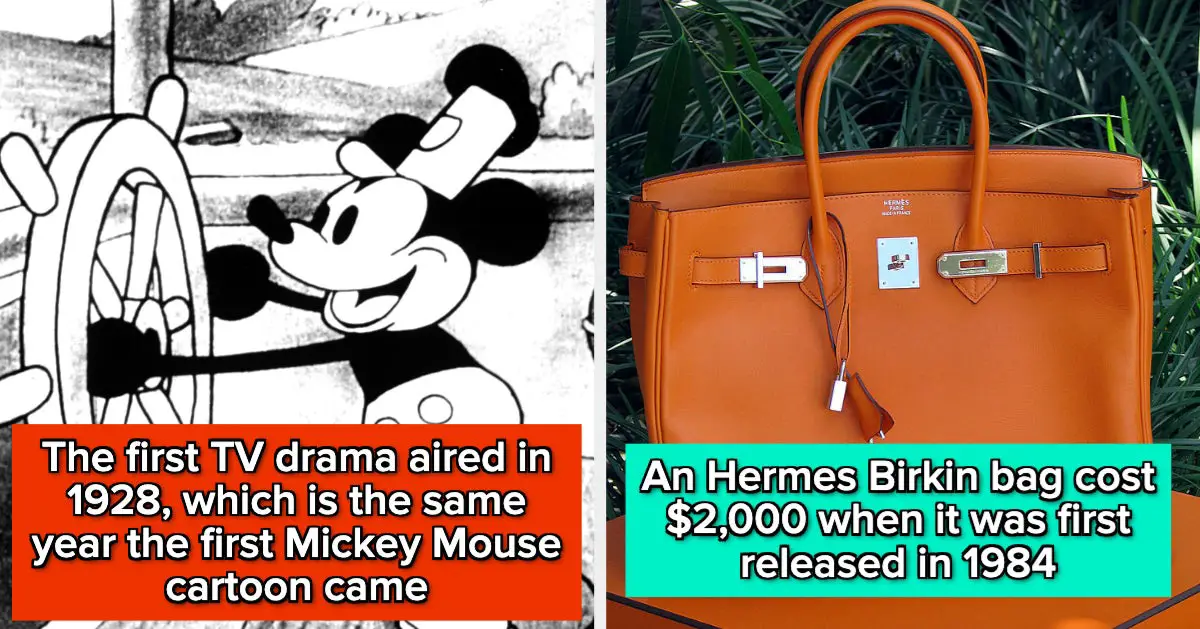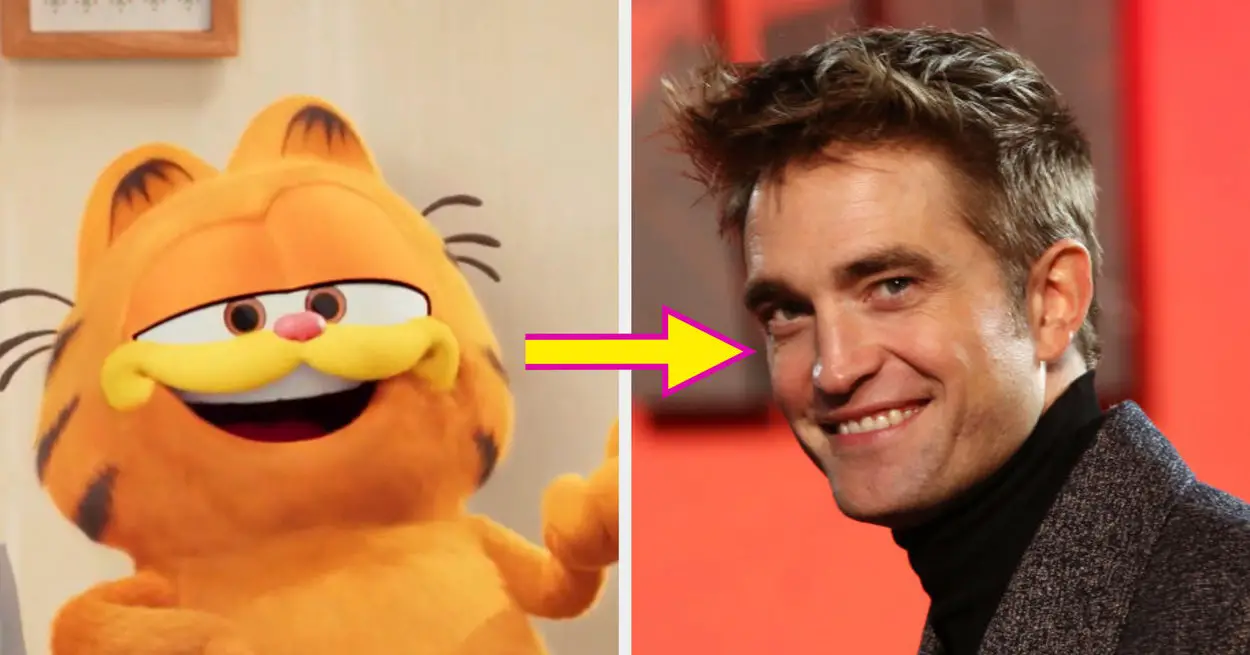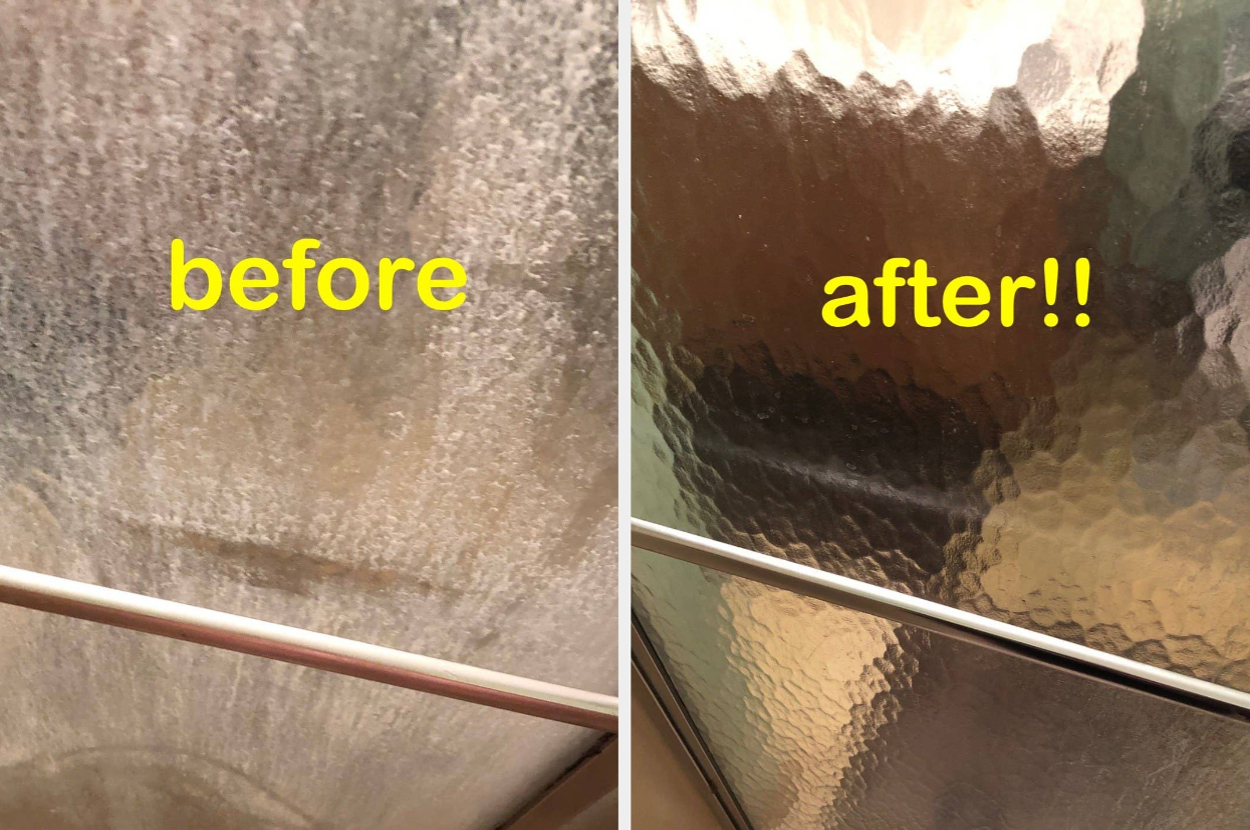from the no-trust,-less-safety dept
For years I’ve joked that everyone who hasn’t thought about trust & safety thinks that it’s easy: just do what I would do. The assumption is that there’s a “right” set of ways to handle these questions, when the reality is that there’s a very broad set of unclear areas, where there are reasonable arguments for a wide variety of possible ways to handle things. This is why good trust & safety teams focus on trying to craft clear policies that can be followed by a large distributed team, while realizing that there will be many difficult calls that don’t fit neatly. In those cases, the teams have to make a tough call, or consider whether or not the policies themselves need to be adjusted.
It’s not an easy job at all. And while it’s easy to criticize the mistakes that are made, as long as there’s a clear process based on articulated policies, I think you can criticize decisions you disagree with without assuming ill-intent. Unfortunately, many people immediately leap to the idea of ill-intent.
Indeed, Elon Musk made it clear from early on that a key reason for buying Twitter was that he did not approve of the way that Twitter handled trust & safety, falsely insisting that it was driven by a “woke” agenda when the reality, as has been shown time and time again, is that they were just trying to stop people from being assholes on the platform. Throughout the Twitter Files, we’ve seen over and over that Twitter’s trust & safety team struggled with difficult calls (and sometimes made mistakes), but focused on principled positions rather than being driven by their personal beliefs or politics.
However, since Elon came to town, he’s changed the trust & safety process to have one guiding principle: things Elon doesn’t like get punished. Things he doesn’t care about, don’t. The entirety of the working policy at Twitter right now seems to be soothing Elon’s massive ego.
What’s funny (depending on your sense of humor, I guess) is that Elon has become everything he claimed he needed to protect Twitter from. He hated the “biased” moderation efforts, which he insisted (falsely) were driven by personal beliefs and politics. Yet, now that he’s in charge, trust & safety has become more arbitrary and much more focused on Elon’s own personal concerns while ignoring the safety concerns of others.
The latest example of this is that on Tuesday, Twitter started labeling NPR as “state-affiliated media.”
This is the label that Twitter has traditionally placed on pure state-controlled propaganda mills, not traditional independent public media organizations that receive a small fraction of their funding from the government. Indeed, this label has important national security purposes, using more speech (not suppression) to alert users to media organizations that are not just less trustworthy, but that may be pushing a propagandistic (potentially blatantly false) line to influence the public. This label doesn’t make any sense at all for an operation like NPR.
Indeed, Twitter’s policies regarding the “state-affiliated media” label explicitly say that it’s not for organizations like NPR:

Oh wait. That’s how it read on Wednesday for a few hours after NPR got the label. Then, magically, the NPR part disappeared from that page:

Huh. Look at that: retconning the policy change to delete NPR as literally one of the examples of who not to designate as state-affiliated media.
And, of course, NPR shouldn’t be hit with that label. The purpose of the label is to highlight news organizations that are simply mouthpieces for the government regimes, spewing pure propaganda. Even if you disagree with NPR’s editorial choices (and I frequently do), it’s not state-affiliated media. Labeling it as such undermines trust in Twitter and it’s labeling system. It actually serves to increase the trust in pure propaganda outfits like Sputnik that are designed to sow discord.
NPR is wholly editorially independent from the government and only receives any government funding indirectly, via the Corporation for Public Broadcasting giving grants to member stations, who then may use some of that money to pay program fees and dues to NPR itself. On the whole, federal funding makes up a tiny percentage of any funding that goes to NPR, and does not come directly from the government. And, clearly, NPR is totally editorially independent.
But of course, for whatever reason, Musk wants to put NPR in its place, and he abuses his position as owner of Twitter to arbitrarily ignore the site’s own rules so that he can do one of his stupid jokes, smugly insisting that NPR is no different than, say, Chinese state-affiliated media.
You know, like China Cyberspace, the magazine run by the chief internet censorship agency in China, which Musk penned a column for. Because Musk seems to have no problem with actual state-affiliated media that works in his personal interests, but can’t seem to stand independent media that might occasionally call out his bullshit.
Again, Musk is free to do this (and we’re free to criticize him for it), but it’s important to call out the hypocrisy here. While Musk insisted that he was coming in to take over Twitter to be better about trust & safety efforts, and to move away from what he falsely believed was a system driven by personal views and whims, he’s now instituted policy after policy, and decision after decision, that are driven entirely by his own personal whims and what he thinks will rile up his base of sycophantic yes-men.
I’m quite sure that Elon finds the consternation from people over this absolutely hilarious. That it undermines trust & safety on his own platform is not at all important compared to the fact that the dumbest of his fan base are absolutely loving this chance to think they’ve put NPR in its place. It’s arbitrary, it’s stupid, it’s petty, it’s vindictive. And it’s everything that’s wrong with Twitter 2.0 in one simple stupid snapshot.
Filed Under: content moderation, elon musk, state-affiliated media, trust & safety
Companies: npr, twitter
Source link










Leave a Reply